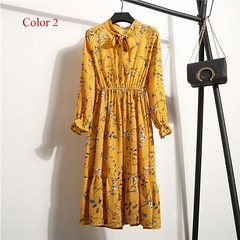
- Here’s An Opinion On:
- Spell Clothing Australia Sale
byAlma Abell
Sewer line problems can be some of the worst plumbing nightmares. They not only cause an embarrassing smell when lines back up, but they can cause a huge mess in your home when it happens as well. Calling professional services to repair your home’s Sewer in St. Paul, MN is usually the only way to resolve these issues easily, since most over the counter solutions can’t always do the trick. Even at home snaking equipment can fail at times to knock a clog loose when used. Sewer lines can clog easily due to debris such as hair, human waste, food products, dirt, and anything else you rinse or flush down the drains of your home. Most of the stuff that the average family will put down their drains really shouldn’t be there, and can do major damage to their plumbing lines for their Sewer in St. Paul, MN. If you work on cars, and constantly have oil or grease on your hands, rinsing this down the drain can cause clogs in home plumbing systems and can also erode the piping. The same goes for rinsing off muddy shoes, dirt clumps from clothing or shoes, or even rinsing off plates in the kitchen sink that still have a lot of food on them. When a professional plumbing service, such as Drain King, sends someone out, they will come fully equipped to locate, analyze, and resolve your solution using professional grade tools. Most plumbers will utilize video snakes now, so they can easily seek out where a clog actually is and see how bad it is first hand inside the pipe. They also use regular snaking rooters which will push the clog down through the line, not only knocking it loose from the piping, but also breaking it up so it can flow easier down the line. Many homeowners think that using at home chemicals can solve these problems for them, but sometimes all they do is break open a small hole in your Sewer in St. Paul, MN, which allows a small portion of water flow to get past. Having professional plumbers come out and snake your line properly is the only way to clear the line to allow full water flow.
Comments are closed, but trackbacks and pingbacks are open.